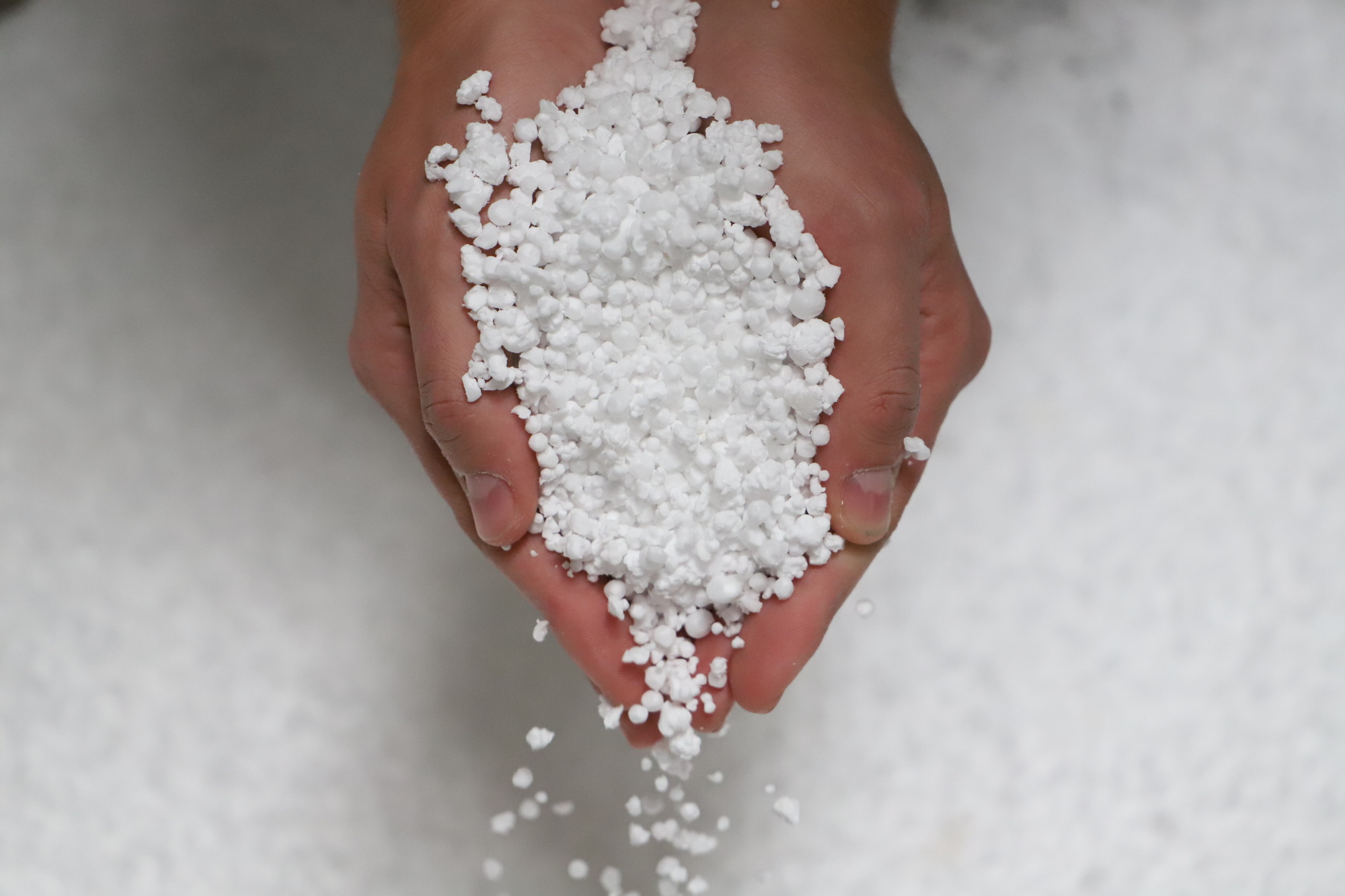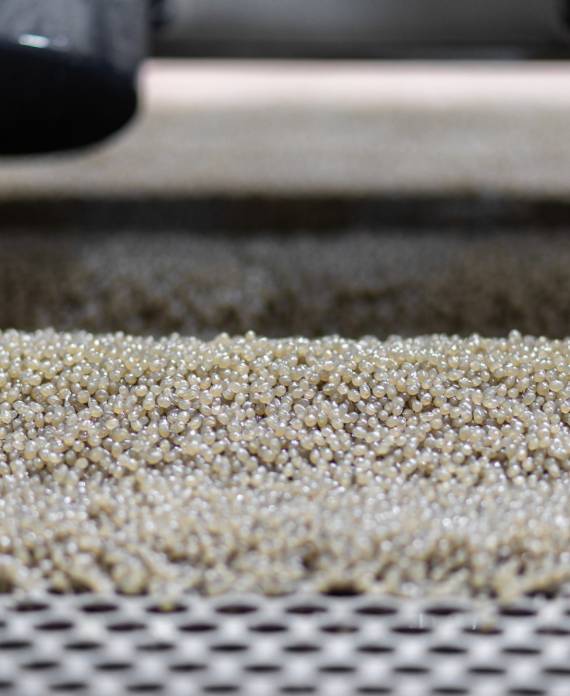
1930s – The discovery of polystyrene
EPS traces its origins back to the early 1930s, when German chemist Hermann Staudinger discovered the polymerization process for polystyrene. This breakthrough paved the way for the development of expanded polystyrene materials.
1940s – The birth of EPS
In 1949, Dr. Fritz Stastny, working for BASF, developed the first expandable polystyrene (EPS) beads. This innovation led to the commercialization of Styropor®, the first trademarked EPS product.
1950s – Industrial growth
EPS production expanded globally as industries recognized its lightweight, shock-absorbing, and thermal insulation properties. It quickly became the preferred material for protective packaging, food containers, and insulation panels.
1980s – EPS in construction & sustainability initiatives begin
EPS use in construction skyrocketed, particularly in thermal insulation, lightweight concrete, and building foundations. As consumption increased, industries also started exploring recycling methods to manage EPS waste efficiently.
2000s – Advancements in EPS recycling
With growing environmental concerns, the EPS industry focused on sustainability by developing new recycling technologies. Compactors, balers, and advanced reprocessing techniques allowed used EPS to be transformed into rGPPS (recycled general purpose polystyrene) for reuse.
2020s – The shift to a circular economy
Companies like BEWI Circular | UseReuse have fully integrated EPS recycling into their business model, ensuring that used EPS is collected, reprocessed, and reintroduced into new applications. BEWI is also investing in low-carbon EPS, bio-based alternatives, and new technologies to further close the loop and reduce the environmental impact of EPS.
What is EPS?
Expanded Polystyrene (EPS) is a lightweight, durable, and highly insulating material widely used in packaging, construction, and industrial applications. Made from polystyrene resin, EPS consists of 98% air and 2% polystyrene.
Over the years, EPS has evolved from a single use solution to a key player in the circular economy, thanks to advanced recycling technologies and sustainable innovations.

EPS today: A sustainable material in the circular economy
Thanks to innovative recycling programs and sustainable initiatives, EPS is no longer just a single-use material. Modern EPS solutions:
- Contain recycled content
Reducing reliance on virgin plastic - Are fully recyclable
When collected and processed properly - Have a low carbon footprint
Due to lightweight transport efficiency - Support circular production models
Extending material lifespan through reuse
EPS is not the problem—waste management is. By closing the loop, BEWI ensures that EPS waste is collected, recycled, and reused, making it a truly sustainable material for the future.
Ready to arrange your EPS pick-up?
Contact BEWI Circular today
Schedule a pickup and streamline your EPS waste management


